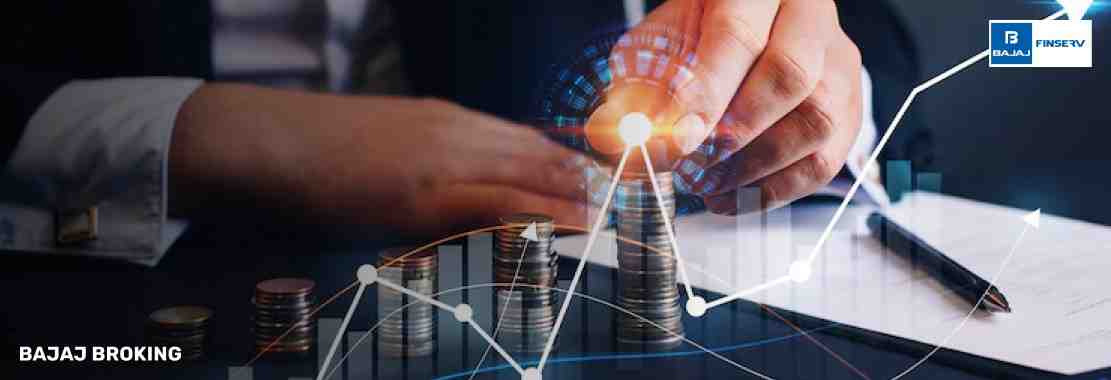Ever wondered how you can invest in foreign companies without opening a trading account? That’s where ADRs and GDRs come in. These financial instruments let you buy shares of companies from different countries while trading them on your local stock exchange. In this article, you’ll learn what ADRs and GDRs are, how they work, and why they matter for global investing.
ADR and GDR Meaning Explained
American Depositary Receipts (ADRs) are shares issued by a US bank that represent ownership in a foreign company. These shares are traded on US stock exchanges like NASDAQ and NYSE. ADRs make it easier for US investors to buy shares of foreign companies without dealing with international trading complexities.
Global Depositary Receipts (GDRs) work similarly but are issued outside the US. They let companies raise capital in multiple countries and are usually listed on exchanges like the London Stock Exchange or Euronext. GDRs provide broader access to global investors and are often denominated in multiple currencies like USD and EUR.
How Do ADRs and GDRs Work?
Creating ADRs starts with a US bank buying shares of a foreign company. The bank then issues ADRs, each representing a fraction of those shares. When you buy an ADR, you own a portion of the foreign stock, and any dividends or benefits are managed by the issuing bank.
For instance, Alibaba wants to enter the US market. J.P. Morgan buys Alibaba shares and holds them as a custodian. J.P. Morgan then issues ADRs, each representing a set number of Alibaba shares. You can buy these ADRs just like any other stock.
GDRs are issued by international banks and can be traded on multiple global exchanges. For example, Nestle might issue GDRs through HSBC in London and Deutsche Bank in Frankfurt. Investors can buy these GDRs using their local currency, making international investing more accessible.
Key Differences Between ADR and GDR
Feature
| ADR
| GDR
|
Stands For
| American Depositary Receipt
| Global Depositary Receipt
|
Market
| US Stock Exchanges
| International Markets
|
Currency
| USD
| USD, EUR
|
Purpose
| Raise funds in the US
| Raise funds globally
|
Listed In
| NYSE, NASDAQ
| LSE, Euronext
|
Benefits of ADRs and GDRs for Investors
Access to Foreign Markets
You can invest in foreign companies without the hassle of setting up a foreign trading account.
Simplified Currency Management
ADRs and GDRs are traded in familiar currencies like USD and EUR, reducing currency risks.
Portfolio Diversification
Gain exposure to international markets and spread your investment risk across multiple regions.
Liquidity and Flexibility
ADRs and GDRs are listed on major stock exchanges, making them easier to buy and sell than direct foreign stocks.
Transparency
Since they are listed on regulated exchanges, ADRs and GDRs provide more disclosure and protection to investors.
Risks Associated with ADRs and GDRs
Currency Fluctuations
Exchange rate changes can impact the value of ADRs and GDRs.
Political and Economic Risks
Foreign markets may face instability, affecting the performance of ADRs and GDRs.
Regulatory Differences
Foreign companies may not follow the same financial reporting standards as local firms.
Market Volatility
International events can lead to sudden price swings, impacting your investment.
Conclusion
ADRs and GDRs open doors to global investing by making it easier to own shares in foreign companies. Whether you’re looking to diversify your portfolio or tap into emerging markets, understanding how ADRs and GDRs work can help you make better investment choices. However, it’s essential to weigh the benefits against the risks to make informed decisions.




